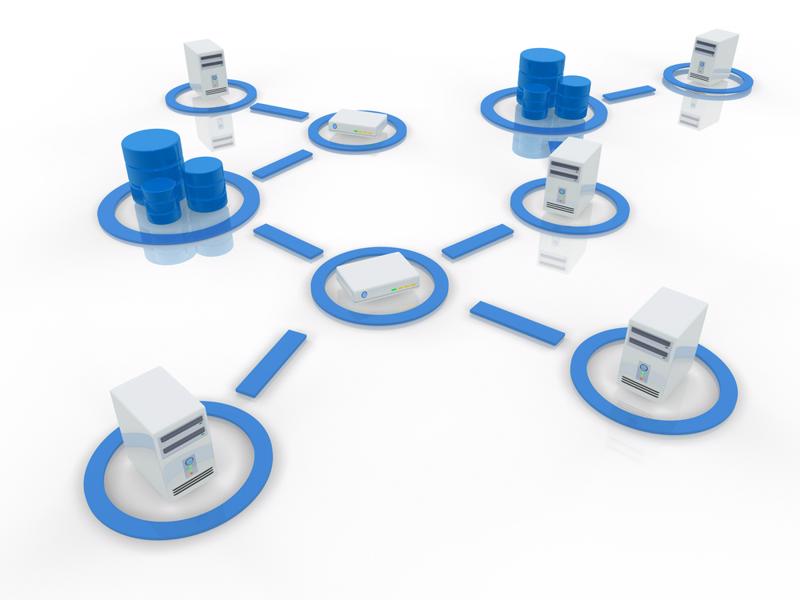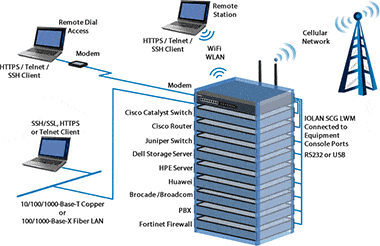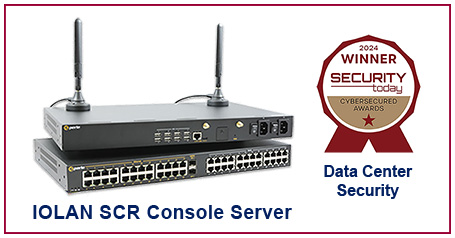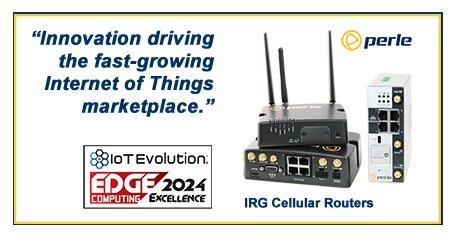
How to prepare a network for a hybrid cloud solution
By Max BurkhalterApril 11, 2018
One of the latest industry trends to surface has been the widespread adoption of cloud service solutions. For those who don't know, a cloud platform allows users across various hardware to access data simultaneously from multiple locations. It is generally seen as an alternative to keeping in-house servers. With a trusted cloud service provider, companies can outsource data storage in a secure and convenient manner.
However, companies wishing to specifically tailor their data infrastructure to suit business needs may feel left out in the cold by a standard third-party cloud solution. Despite innovation from major players like Google, Amazon and Microsoft, standard cloud solutions still cannot be fully customized to suit a business's needs.
With this demand in mind, enterprises across industries have begun to adapt hybrid cloud solutions. The hope is to secure the best of both worlds - the ease and security of a public cloud combined with the specified applications of an in-office private server network. However, adopting a hybrid cloud solution isn't as easy as simply pushing a button or making an order.
"Hybrid systems require a specialized technical skill set to fully improve company productivity."
What is a hybrid cloud solution?
The Practical Guide to Hybrid Cloud Computing, created by the Cloud Standards Customer Council, stressed three central considerations for hybrid cloud adoption. First, a hybrid cloud platform is suited for companies looking to integrate their technological workflows, especially organizations that prioritize service-oriented architecture. One of the principal benefits of a hybrid cloud system is its increased capabilities within the workflow. Organizations have better oversight and can scale their data needs to suit the working expectations of the financial quarter.
Secondly, businesses need to consider the composition of a hybrid cloud solution. As stressed before, hybrid cloud systems work to tie a company's services and technological architecture directly in line with business objectives. Goals can be affordably met in a timely manner while companies keep to all predestined regulations and safety standards. This can be especially helpful for organizations within the health care space, which have to conform to HIPAA and other strict laws regarding data governance.
Lastly, enterprises wishing to adapt a hybrid cloud system need to consider the overall effect that it will have on the organization. For one thing, they should be aware of installation and implementation complexity: Hybrid systems require a specialized technical skill set to fully improve company productivity. For instance, while a family pediatrician may benefit from a hybrid cloud solution, he or she may not have the proper software and hardware skills to securely install the platform in a way that's intuitive. Usability always matters and, when created properly, hybrid cloud solutions can have approachable interfaces designed for employees who may not be fully technologically proficient.
Why does hardware matter?
While companies may think of the hybrid cloud, and indeed cloud solutions in general, as matters of software, hardware matters. As TechTarget outlined, organizations aren't going to be able to utilize hybrid cloud solutions at all without having the right servers and other equipment. On-premise hardware like load balancers and a strong local area network are crucial to optimizing performance. While advancements in WiFi stability have come a long way, organizations cannot rely solely on wireless connections.
In addition to LAN needs, businesses will also need to improve their wide area network capabilities. Maintaining a strong and consistent connection between the private servers and the cloud network provider is crucial. In addition to securing a quality cable modem, media converters can help boost signal strength for devices up to 160 km apart. Companies looking to handle a lot of media in a timely, proficient fashion should also consider upgrading to a fiber connection, as this method promotes greater bandwidth.

Hybrid cloud solutions allow for secure, tailored digital interfaces that can help businesses deliver their products in less time and with reduced costs. However, these platforms require strong LAN and WAN infrastructure. Perle has the expertise and the hardware to help promote stable online connectivity in and out of office. Contact us today to find out how we can help your business with hybrid cloud solution implementation.



